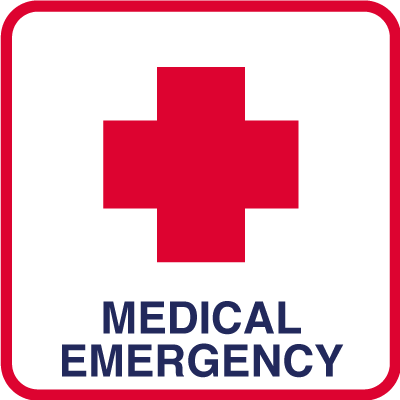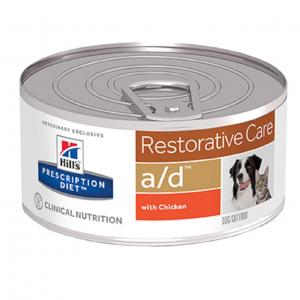A cat not eating, or eating much less than usual, can be a medical emergency.

The first thing to say about a cat not eating is this: if your cat does not eat for more than 24 hours, it is a medical emergency. If your cat eats significantly less food than he usually would, for 3 days or more, this is a medical emergency.
Cats are not able to produce certain amino acids within their own bodies. One of the consequences of this is that they are not able to metabolise fat very well, and if their bodies are forced to use their fat supplies up for energy (i.e. they lose weight), this can quickly lead to hepatic lipidosis.
Cat not eating and hepatic lipidosis
Hepatic lipidosis is a condition also called fatty liver disease. It causes fat to be deposited in the liver, causing an enlarged liver and, ultimately, leading to liver failure which can be fatal.
It is therefore extremely important that your cat does not go without food, and that you never drastically reduce your cat’s calorie intake.
You might struggle to imagine a situation in which your cat’s calorie intake would be drastically reduced. Often, hepatic lipidosis occurs as a secondary illness. If a cat becomes very poorly or injured they may lose their appetite and their calorie intake could be drastically reduced. If you cat catches an infectious condition, or develops IBD which results in chronic diarrhoea, this can also lead to a drastic reduction in calorie intake.
It is therefore vital for every cat owner to be aware of the dangers of a significant reduction in calorie intake for their cat.
Why is your cat not eating, or losing weight:
-
Your cat may have gotten bored with his food
-
The recipe of the food may have changed, and your cat may no longer like it
-
Your cat may be depressed, or unstimulated, and this can lead to a general lethargy and decrease in appetite
-
Your cat may be unwell
-
Your cat may be injured
-
IBD or diarrhea can lead to drastic weight loss
What to do if your cat won’t eat
If your cat won’t eat at all, and this change happens suddenly and lasts for 12-24 hours or more, take him to the vet immediately.
Cat not eating: how to help

-
If you are able to notice any change in appetite early on, you may be able to avoid the dangers by trying different types of food. Try Encore/Applaws complementary foods, bake some chicken (without any salt or oil) and shred it, or try some fish. At this stage don’t worry if it is not a complete food - the aim is just to get your cat to eat something. Fish based foods have a stronger smell that can stimulate the appetite.
-
There are also very high calorie foods available for your cat. These are not suitable as a long term diet, because they do not have all of the nutrients that your cat needs in the long term, but they are excellent short term aides. They are designed to taste and smell particularly delicious to cats, and are extremely high in calories, so even if your cat only eats a small amount, they will get a significant amount of energy from it, and that should help keep hepatic lipidosis at bay. Try Hills Prescription a/d Restorative Care tins for dogs and cats or Kattovit high energy (affiliate link).
-
Your vet can also administer a drug that will increase appetite, which can be very useful, especially where stress is the cause of the anorexia.
-
Tube feeding: this is the most drastic solution, for the more severe cases, is that a vet can tube feed your cat.
Read more...
- the importance of litter tray hygiene for health
- extremely flat faced cats and their health problems
- swimmer syndrome and how to fix it
At Bombadillo Kittens we are British Shorthair breeders with years of experience. We specialise in the more magical, unusual British Shorthair colours and patterns, but we do also get some of the classic colours as well.